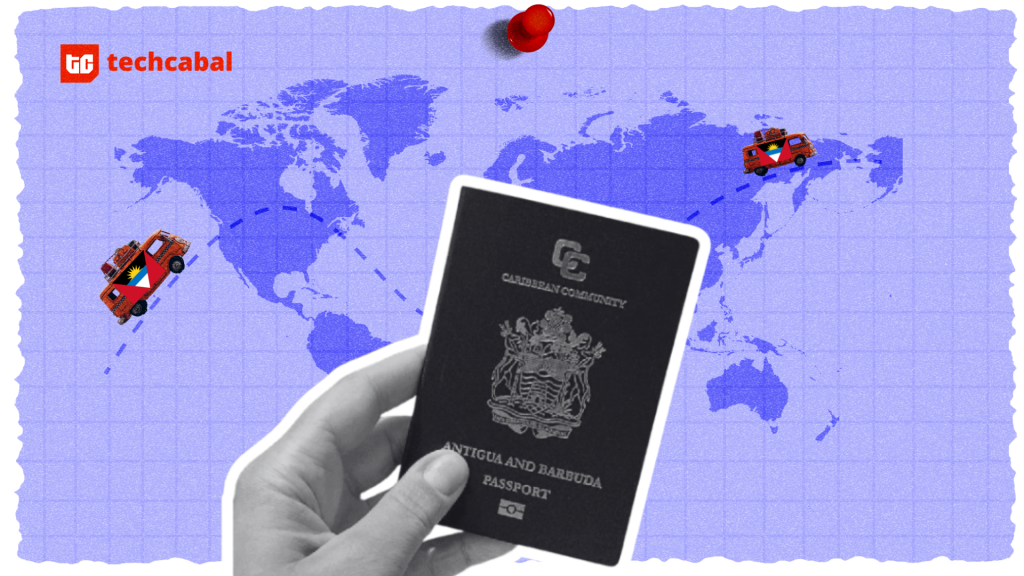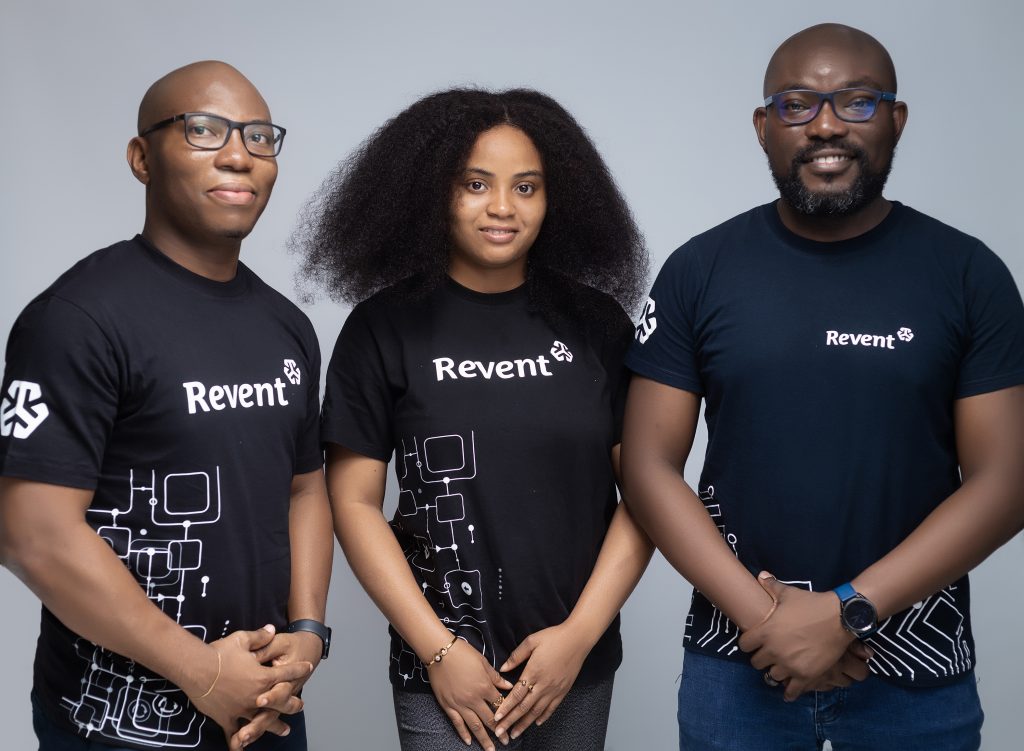I’m excited to share news of Amplify’s Urban Resilience Challenge. The challenge is focused on finding solutions that enable communities in urban slums to adapt and thrive as they meet the challenges presented by climate change.
Close to 4 billion people in the world today live in big cities, and in 30 years, that number is expected to reach 6 billion – all with a growing carbon footprint. As the earth gets warmer, ice caps melt, sea levels rise, and weather patterns become more random, our future becomes increasingly dependent on first our ability to adapt to these environmental changes, and eventually, to preempt more changes, and act ahead of time.
At the moment, we cannot tell what crises lie in wait, if we do not change the way we all live, but we can be sure that the percentage of our population living in slums and suburban communities will be disproportionately affected by these changes. This demographic already faces challenges accessing safe housing, water and other resources we take for granted, and this deficiency has forced them to develop solutions to these problems unique to them. These solutions will potentially impact the millions of people living in similar areas, if scaled properly, and they can serve as inspiration for governments, where the voices of those living in informal settlements often go unheard.
The Urban Resilience Challenge, created in tandem with the Global Resilience Partnership (The Rockefeller Foundation, USAID & SIDA) and OpenIDEO, is creating a bridge between slum dwellers, NGOs, social entrepreneurs, experts and designers. Together, we can craft solutions that build resilience to the effects of climate change in these less developed areas. The challenge seeks to answer four questions:
1: How do we facilitate more effective communication in urban slum communities?
2: How do we develop small scale infrastructure, such that will improving living standards in these communities?
3: How do we strengthen community identity and cohesion?
4: How do we create systems that increase access to water for these communities, and are flexible enough to withstand a crisis?
Eligibility
You should participate if:
1: You have innovative and scalable ideas, in response to any or all of the challenge questions
2: You have been – in some form – implementing your idea in one of the focus countries
3: You have at least 2 years experience in this sector, implementing in the focus country
From the pool of participants, 8 winners will be picked, and will receive 18 months of training, prototype support, promising ideas support and a share of $800000 in grants and technical assistance.
Join the challenge here. Applications will no longer be received after November 1st, 2015
Photo Credit: Frits Ahlefeldt-Laurvig via Compfight cc











